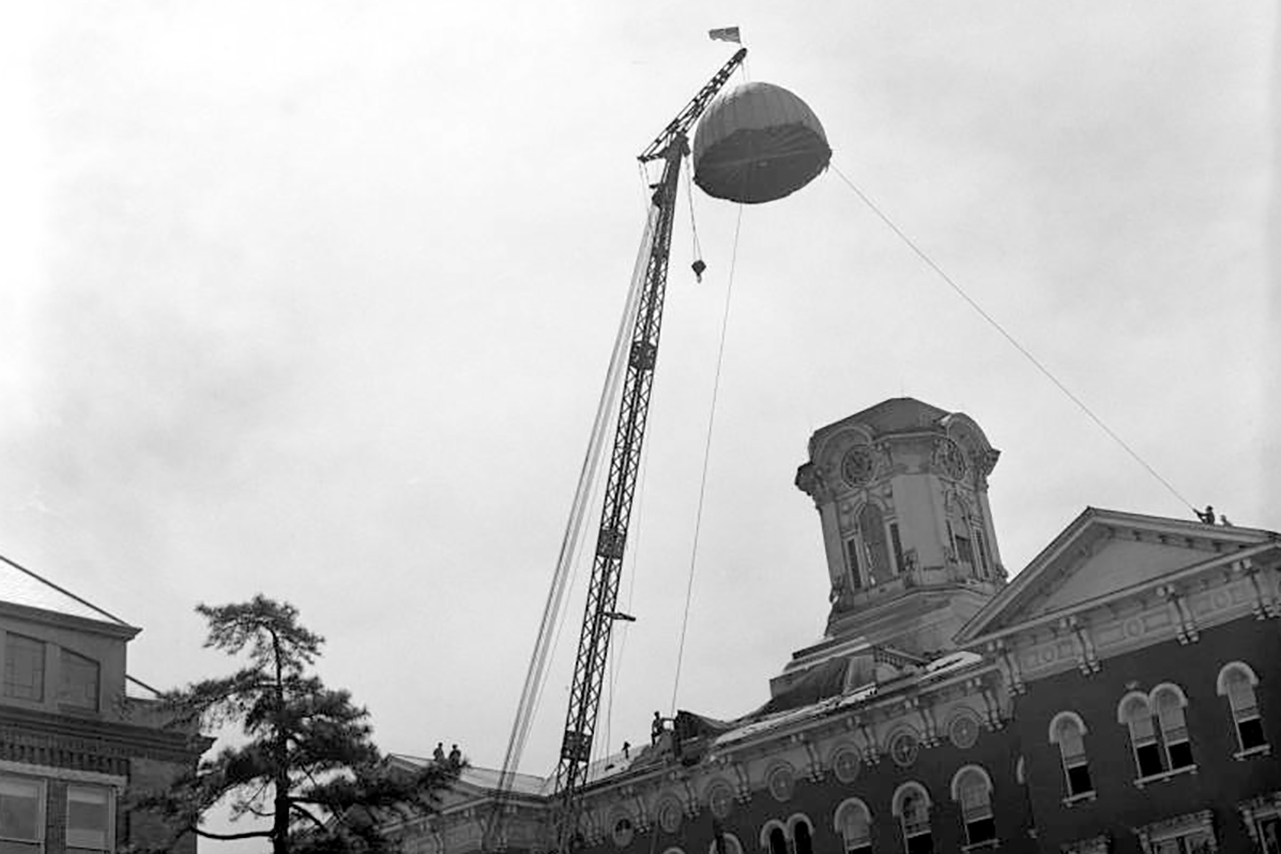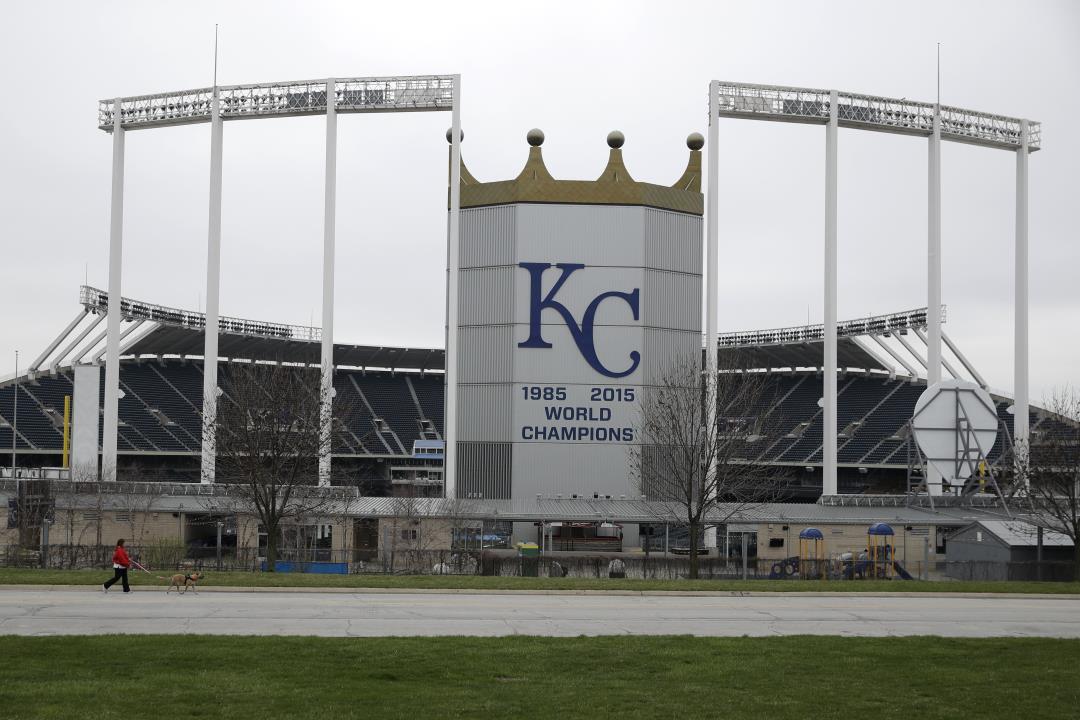California
California lawmakers advance bill creating genealogy office to determine reparations eligibility
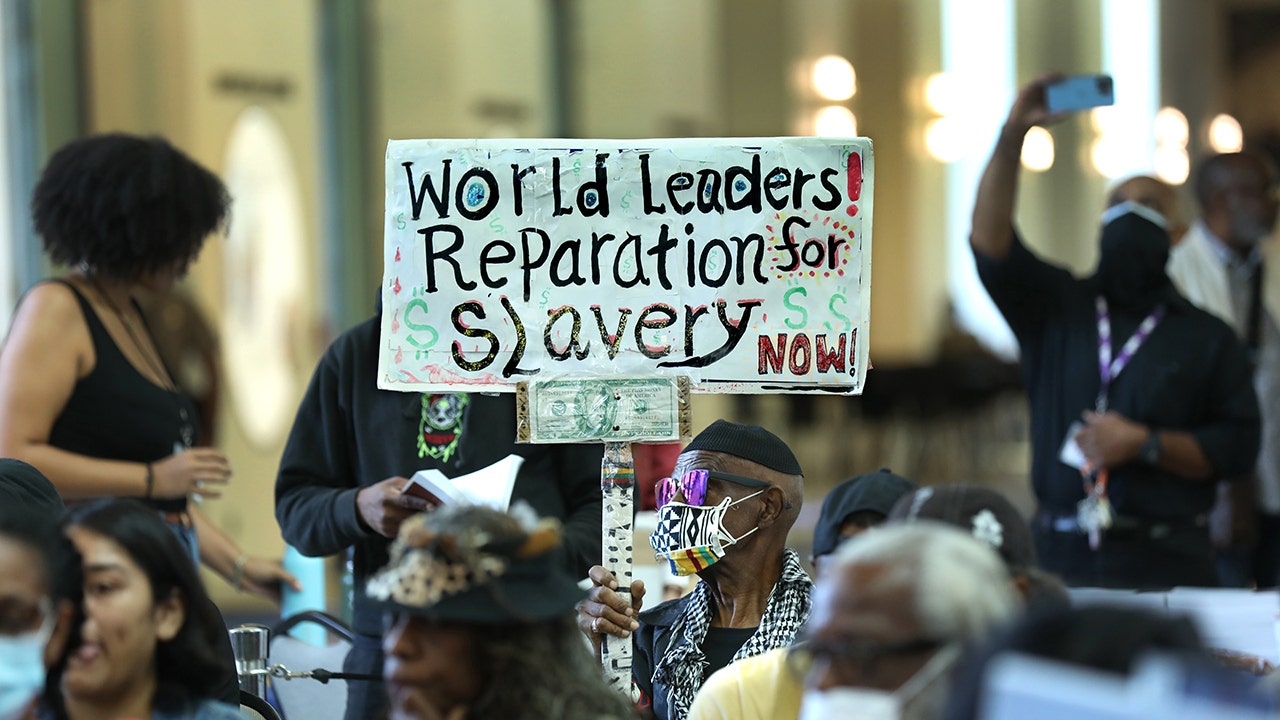
California lawmakers have advanced a bill that would create a genealogy office to determine who is eligible for reparations handouts.
The bill, SB 1403, passed the Senate Judiciary Committee last week in a 8-1 vote, The California Globe reported. If it becomes law, it would establish the California American Freedmen Affairs Agency, which would carry out recommendations from the state’s reparations task force.
It would also create a Genealogy Office and an Office of Legal Affairs to “determine how an individual’s status as a descendant would be confirmed” and “require proof of an individual’s descendant status to be a qualifying criteria for benefits authorized by the state for descendants,” according to the bill.
CALIFORNIA GOVERNMENT INTRODUCES NATION’S FIRST SERIES OF REPARATIONS BILLS, AFTER YEARS OF DELIBERATING
Long-time Los Angeles resident, Walter Foster, 80, holds up a sign as the California Reparations Task Force meets to hear public input on reparations at the California Science Center in Los Angeles on Sept. 22, 2022. (Carolyn Cole / Los Angeles Times via Getty Images)
The bill defines a descendant as “descendants of an African American chattel enslaved person in the United States” or “descendants of a free Black person living in the United States prior to the end of the 19th century.”
SB1403’s author, Sate Sen. Steven Bradford, said the bill was about recognizing California’s past “grave injustices” towards African Americans while creating a more “equitable future.”
“This agency will be the necessary foundation for the implementation and success of reparations,” he said ahead of the committee vote.
The “commonsense measure” was “long overdue for California and the nation,” he added.
The legislation is part of the reparations package state lawmakers introduced in February after years of deliberation on how to best provide restitution and support for Black communities across the state following historical mistreatment. The bills are intended to be just the first legislative actions in an effort that will likely span years.
CALIFORNIA LAWMAKERS VOTE FOR $17B DEFICIT REDUCTION PLAN
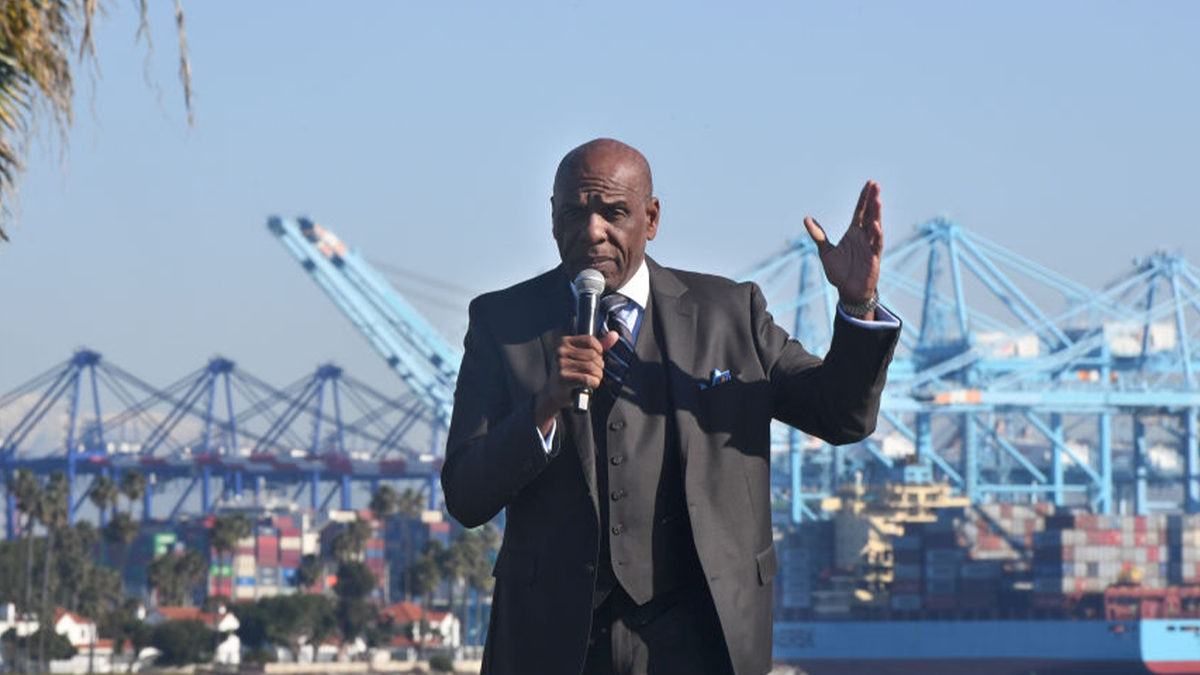
California State Democratic Sen. Steven Bradford authored the new bill creating a genealogy office to determine eligibility for reparations benefits. (Media News Group/Long Beach Press-Telegram)
California’s reparations plan drew backlash after its task force recommended compensating qualifying Black residents up to $1 million in cash payments from the state, along with other benefits such as eliminating child support debt and free tuition to public colleges.
The cash proposal was dropped from the package introduced this year.
Bradford previously dismissed concerns about the financial costs and political will to deliver some of the task force’s costly recommendations, telling NPR that these could “be easily provided.”
A majority of Californians, however, are opposed to cash payments for descendants of enslaved people, Fox News Digital previously reported.
A University of California, Berkeley Institute of Governmental Studies poll found that 59% of voters oppose cash reparations, with 44% saying they were “strongly opposed.” Only 28% said they supported the idea.
CLICK TO GET THE FOX NEWS APP
Fox News’ Ashley Carnahan and Lawrence Richard contributed to this report.

California
Meghan Markle filming Netflix show on California cannabis farm embroiled in controversy: report

One of the filming locations for Meghan Markle’s highly-anticipated cooking show is reportedly a cannabis farm marred by controversy.
The Duchess of Sussex, 42, has been shooting the Netflix series in two California locations: a $5 million home in Montecito belonging to Tom and Sherrie Cipolla and a farm owned by the cannabis-supplying Van Wingerden family in the nearby seaside city of Carpinteria, the Daily Mail reported.
The Van Wingerdens are the area’s largest vendors of legally produced cannabis, according to the website.
Markle’s film location, dubbed Farmlane, is owned by David and Cindy Van Wingerden, who turned their flower farm into a marijuana mecca in 2015. They now sell cannabis flowers and pre-rolled cannabis joints.
But the Van Wingerden family’s operation and other cannabis farms have had the neighborhood up in arms over the pungent weed fragrance contaminating the air.
Local Carpinteria residents filed 2,340 odor complaints from mid-2018 to 2022, according to the website.
In September, homeowners in the area filed a class-action lawsuit against two weed farms, unrelated to the Van Wingerden’s business, with claims that their property values had been severely damaged due to the “sewer-like” smells.
“The neighborhood surrounding their property has a thick, heavy, strong stench of cannabis on a near daily basis,” the lawsuit states.
Angry citizens said their homes and clothes reeked of marijuana and that some people were experiencing breathing problems, headaches and nausea.
Page Six confirmed in March that the former “Suits” actress would collaborate on a Martha Stewart-esque show tying into her newly launched lifestyle brand, Montecito Riviera Orchard.
The wife of Prince Harry has already debuted the first product of her cookware and home needs company with a jar of strawberry jam sent to her closest high-powered friends.
An insider told Page Six Style at the time that the business would focus on home, garden, food and general lifestyle wares.
“She’s been working on this for over a year, and it’s all the things that are close to her heart — all the things she’s passionate about,” an industry source said.
A trademark application obtained by Page Six Style revealed that the company would sell cookbooks, an assortment of edible treats like jellies and spreads and tableware staples like cutlery, table linens, drinkware and more.
California
EV market share sags in California, though EV sales are up

It’s a complicated time for the nation’s largest EV market. California EV sales increased in the first quarter of 2024, but market share still fell, according to a new quarterly report from the California New Car Dealers Association (CNCDA).
The absolute number of EVs sold in California grew from 89,741 in the fourth quarter of 2023 to 90,296 in the first quarter of 2024, the report found. But EV market share still decreased from 21.5% at the end of 2023 to 20.9% in Q1 2024. That’s because new-car registrations grew overall, with even more non-electric vehicles being sold. The rise of EV sales by volume rather than share is a trend that continues from the previous quarter.
2024 Tesla Model Y. – Courtesy of Tesla, Inc.
Tesla’s EV sales lead in California also continues to shrink, the report found. Tesla registrations were down 7.8% from the previous quarter, which itself saw a 9.8% decline in registrations for the once-California-based automaker.
Without a deeper dive into the trends, it might be argued that sagging Tesla sales, not sales of EVs of other brands, are what have caused the recent flattening for EVs in California and elsewhere. That’s because Legacy automakers are selling more plug-in vehicles, the report noted. Mercedes-Benz and BMW saw the highest increases in California in Q1, posting 3% and 2.4% gains, respectively.

2024 BMW iX
EV sales through franchised dealerships also increased 14% in Q1, while direct sales—the model used by Tesla and some startup automakers—saw a 3% drop. Franchised dealerships account for 66% of “alternative powertrain types” in California, according to the CNCDA.
Even with EV sales rising in the rest of the country, California remains near a third of the nation’s EV sales. And even with this market-share hiccup, in the state, one of four new vehicles sold in California has a charge port—although some are plug-in hybrids rather than all-electric models.
California
A look at beavers’ important role in California’s wildfire resistance
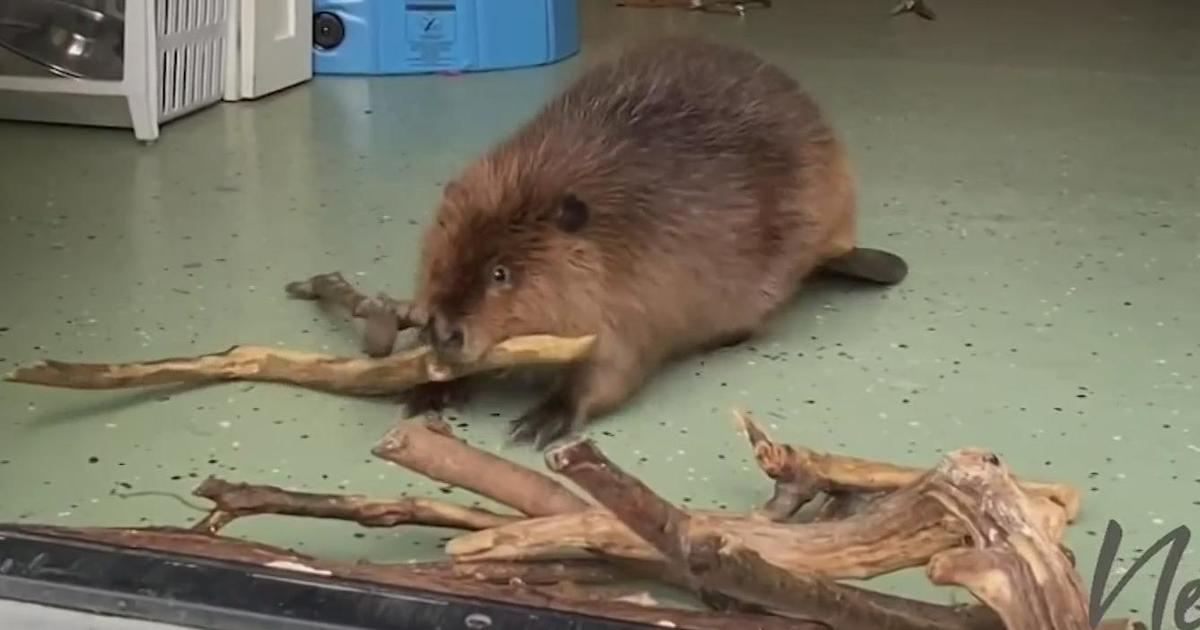
SACRAMENTO — Nature’s firefighters might not be what you think.
Beavers. They’ve had a bad reputation. Many call them pests, but they’re far from it. They play such an important role in our ecosystem that their work can even curtail wildfires. Beavers are a keystone species, which means their existence benefits many types of plants and animals.
The California Department of Fish and Wildlife (DFW) is recognizing the role beavers play, implementing a beaver restoration program just last year to aid in drought and wildfire resistance.
“Beaver wetlands are uniquely resistant to the effects of drought and then subsequently to the effects of wildfire,” said Emily Fairfax, who is an assistant professor of geography.
For generations, beavers have been classified as a nuisance. Hundreds of permits are sought after each year by landowners to allow them to kill beavers.
Their knack for engineering doesn’t always agree with human engineering. We like to build roads and houses. They like to flood everything and chew down wood.
“While that can be annoying, it’s that flooding and tree chewing that gives you those benefits like drought and fire resistance,” Fairfax said.
“As we build more and more in California, and in other states, we actually are eliminating wetlands and the beavers try to put them back in,” said wildlife rescuer Michele Dodge.
Without beavers, we could face total degradation of our riverscapes, causing more wildfires. In fact, research is showing their work is helping to prevent wildfires altogether, and that’s why the DFW is turning to beavers as a helpful tool.
“I’ve been studying this the last ten years or so using satellite data and field visits to go out and find these places where beavers have been engineering and see whether or not they burn during wildfire,” Fairfax said. “Pretty much across the board, they’re not burning.”
Beavers create patches of fire refugia, places that either don’t burn at all or burn at a low intensity that’s actually helpful for a variety of plants and animals. The patches are fireproof in even our most intense fires like the Beckwourth and Dixie fires.
“You’re going to be seeing forests that have completely burned the pine trees from roots to tips. The soil is ash at this point and it’s silent cut to, and then you turn the corner and you’ll get to the beaver wetland and it’s completely different,” Fairfax said.
Even in Rancho Cordova, the beavers are helping the environment thrive. Their dams create a safe place for geese to nest and lay their eggs.
“It also creates a safe zone, so if there is a fire animals have a place to retreat,” Dodge said.
In the beaver wetlands, you’ll find lush green landscapes full of life. Beavers like to spread the water around, essentially creating a safe haven from a wildfire. Now with the DFW’s restoration program, beavers have a place to go.
“I’m really excited they’ve done that,” Dodge said. “In the past, if somebody trapped beavers they were killed that was the only solution. Now all the sudden, fish and wildlife, we are creating places we want them released.”
The best part is we don’t have to pay these guys. They just do it for free because that’s what they’re naturally inclined to do. They’re nature’s tool against wildfires.
-

 Education1 week ago
Education1 week agoVideo: Dozens of Yale Students Arrested as Campus Protests Spread
-

 World6 days ago
World6 days agoHaiti Prime Minister Ariel Henry resigns, transitional council takes power
-

 News1 week ago
News1 week agoLarry Webb’s deathbed confession solves 2000 cold case murder of Susan and Natasha Carter, 10, whose remains were found hours after he died
-

 Politics1 week ago
Politics1 week agoFetterman hammers 'a–hole' anti-Israel protesters, slams own party for response to Iranian attack: 'Crazy'
-

 World1 week ago
World1 week agoPeriod poverty still a problem within the EU despite tax breaks
-

 World1 week ago
World1 week agoUS secretly sent long-range ATACMS weapons to Ukraine
-

 News6 days ago
News6 days agoFirst cargo ship passes through new channel since Baltimore bridge collapse
-

 World1 week ago
World1 week agoTurkey’s Erdogan meets Iraq PM for talks on water, security and trade

